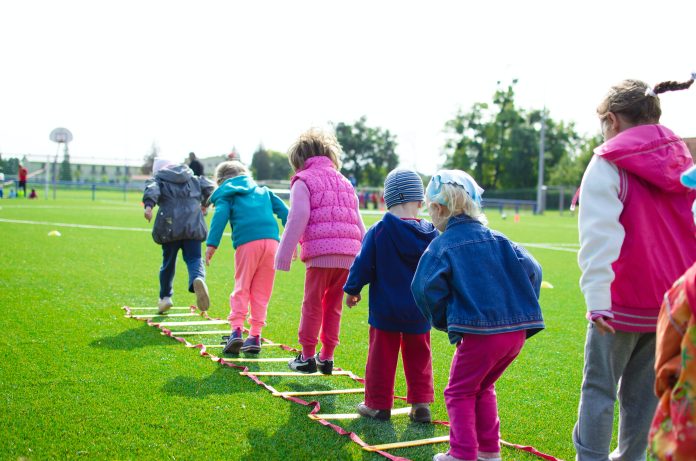A phenomenon that has often puzzled me is the way in which schoolchildren, (more often girls) may decide to exclude certain children from their activities. This is not simply a matter of staying away from children who are aggressive or difficult to get along with, but rather seems to be part of a pattern of power, in which an “elite” group decides who may or may not play with them on any given day. It’s a little like a “recess lottery” to see who will be the chosen ones.
This is certainly not a new phenomenon, but it seems to be accepted as a “given” over which all are powerless. It might just be time to change our awareness about this, and to help children become aware of an unconscious pattern that they are perpetuating. On one level we can say that this is simply the way children are, but on another level, if we look closely, we can see that they are playing a “discrimination game.” This behavior is practicing shutting others out, simply because it is decided that they are not “in” today.
Sometimes individuals are shut out because there is a disagreement, and if children do not know how to resolve disagreements, then the path of least resistance is to avoid the whole thing by dispensing with the person.
Frankly, this all sounds pretty scary to me, and I’m not sure that this is a practice that we should be dismissing as child’s play. It is too easy for this to become a lifelong pattern; too easy then to shut others out because of superficial differences, or because we do not understand their language, culture or point of view.
On the playground, when children are systematically excluded, the pain of this experience eclipses the purpose of schooling; for it becomes difficult for them to concentrate on learning. The pain does not stop when the bell rings.
One of the reasons children have not been helped to transform this process is because in general, adults have not transformed it in their own lives. While perhaps more subtle, the pattern plays itself out daily in neighborhoods and offices everywhere. Change will only come when we understand that judging others is destructive.
We will need to learn that every human being has value, and to love ourselves enough that we do not need to tear others down to make ourselves feel better. The universal playground is huge, and believe it or not, we are all on the same team. There is room for everyone, and no reason in the world why everyone can’t play. Let’s help the children to learn this. Better yet, let’s show them.
Gwen Randall-Young is an author and award-winning psychologist. For permission to reprint this article, or to obtain books, CDs or MP3s, visit www.gwen.ca.


